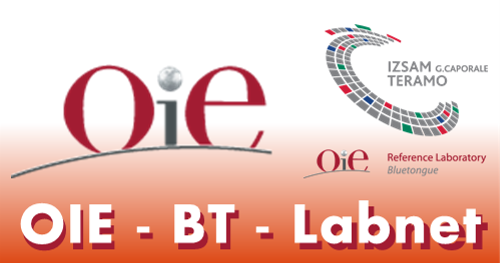Publication type:
EDENext Number (or EDEN No):
Bibliography Partner:
Journal:
Status:
Year:
Reference:
Host:
Data description:
Keywords:
Full Publication:
Abstract:
The stress response is initially adaptive, operating to maintain homeostasis. However, chronic long-term exposure to stressors may have detrimental effects. We proposed that chronic stress may be a major factor in demographic vole cycles, inducing decline in high-density populations. We monitored four populations of the fossorial water vole Arvicola scherman, which undergo pluriannual demographic cycles in the Jura Mountains (France). Sampling was conducted during the high densities and the decline. We measured fecal corticosterone metabolites (FCMs) to assess stress levels and injected phytohemagglutinin to estimate the cell-mediated immune response. We demonstrated that stress levels increase between the high densities and the decline in most of the vole populations. At the individual level, FCM concentrations varied with reproductive status and body condition. During the outbreak, we observed significantly higher levels of FCM concentrations in nulliparous females than in females that had previously reproduced. Moreover, a significant negative correlation was observed between concentrations of FCMs and both immunocompetence and body condition during population decline. These results might reflect an impairment of the female reproductive capability in high densities and accelerated senescence affecting immune function during decline, both arising from chronic stress.





